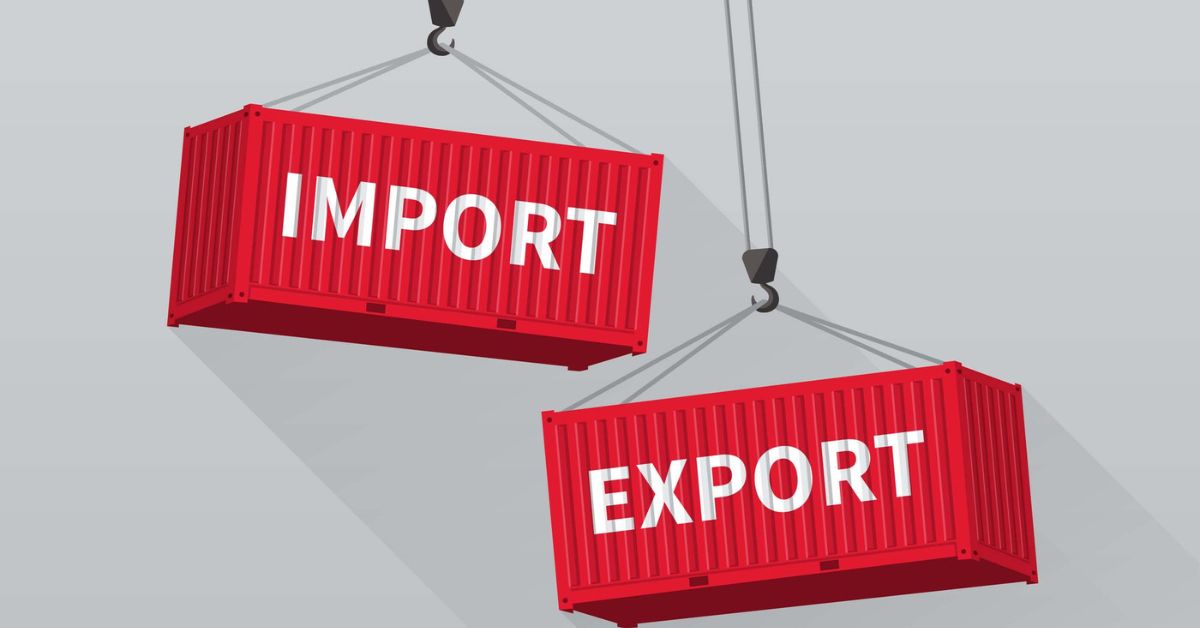The minister of state for commerce and industry, Anupriya Patel, informed the Lok Sabha that both the US and the European Commission (EC) had conducted investigations and had decided to impose countervailing duties (CVD) on several products covered under the RoDTEP Scheme. The US had decided to impose CVD on the imports of paper file folders, common alloy aluminium sheet and forged steel fluid end blocks from India, while the EC had targeted imports of graphite electrodes. The imposition of the CVD on the targeted products would thus nullify any benefits that their producers obtain from the RoDTEP scheme.
The US department of commerce had imposed CVD on imports of forged steel fluid end blocks from India in early 2021. Just over a year later, the department initiated an administrative review for the countervailing duty order. Its finding at the end of the review was that countervailable subsidies were provided to Bharat Forge Limited during the period of review, May 2020 to December 2021.
It initiated similar CVD investigations on all forms of paper file folders suitable for holding documents imported from India in November 2022. In its final determination in October 2023, the department ruled that countervailable subsidies were provided to producers and exporters of these products, and that for two companies, Navneet Education Ltd, Lotus Global Pvt. Ltd the subsidy rates were, respectively, 3.78% and 90.98%, while for all others, the rate was 3.78%.
In November 2023, the US department of commerce ruled that Hindalco Industries Limited had received countervailable subsidies during the period of review, between August 2020 and December 2021 and that its subsidy rate in 2021 was 32.43%.
While imposing the CVD on the identified products, the US department did not reveal the reasons for so doing publicly. However, the EC has provided detailed explanations for imposing CVD on graphite electrodes, which show that its interpretations of the working of the RoDTEP scheme and its consistency or otherwise with the ASCM are in conflict with those of India’s.
The EC had first imposed CVD on imports of graphite electrodes from India in 2004. The CVD was extended twice, the last extension was until March 2022. In December 2021, producers of the targeted product from the European Union member states requested a review of the termination of the CVD on Indian imports. They argued that the termination of CVD could result in continuation of subsidisation and recurrence of injury due to “additional or new subsidies”, implying the RoDTEP Scheme. The EC initiated the “expiry review” of the CVD in March 2022 for investigating a “likelihood of continuation or recurrence of subsidisation” during calendar year 2021.
An important aspect of the EC’s investigation was its observation that the RoDTEP scheme has no system or procedure in place to confirm which inputs are consumed in the production process of the exported product or to ascertain whether an excess payment of import duties had occurred. Excess payments to exporters, over and above the exact remission of duties, would be considered as export subsidies, and, therefore, a violation of the ASCM. It seems that this procedural lacuna prevented GoI from being able to successfully defend its WTO-consistent scheme and to ensure that embedded taxes in the prices of export products do not leave exporters at a disadvantage.







